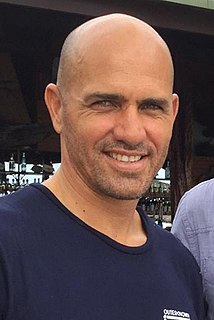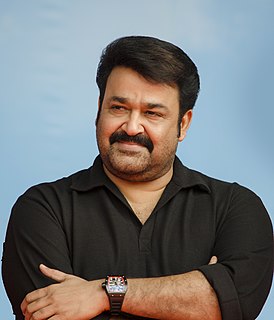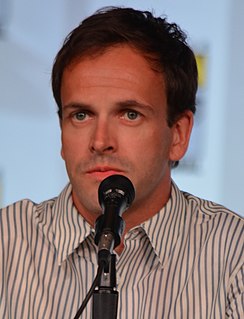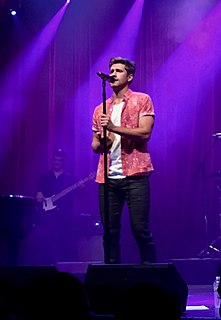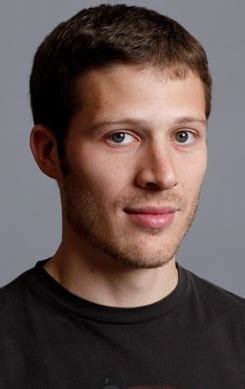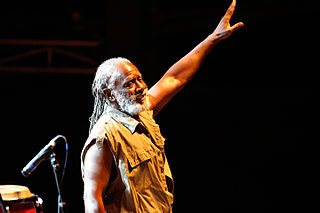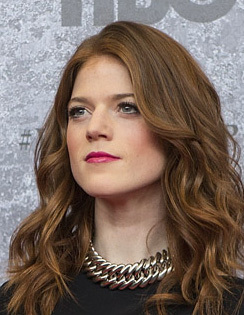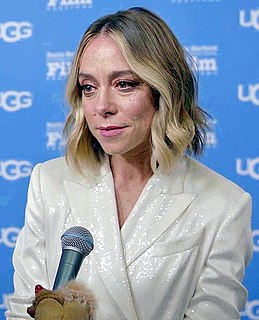A Quote by Benedict Cumberbatch
I feel that TV and film feed off each other well. It's more in the perception of the viewer than it is of the actor.
Related Quotes
Sometimes perception is almost more important than the skill level of an actor. And if you give too much away, you have nothing to take for yourself and put onscreen. If people feel like they know you too well, they won't be able to indentify with the character you're trying to portray. Or they'll feel that you're just playing yourself, and then you just become a personality actor. And that's the death of any actor.
I don't want to be like the actor who rehearses everything in the bathroom, then comes to the set and carries on completely uninterrupted while the other actors tiptoe away. I'm so dependent on reacting to the other actors on the set, and to the director. I'm very responsive. I react. And I treasure the energy that reaction gives. I feed off that and work off that. I don't like to be too prepared, no. However we define too prepared, if I feel it's getting that way, then I'll back off. My line-learning is very special. I like to learn the dialogue of the whole film before I arrive.
Being an actor in TV or movies is different. A film or TV actor, if put in theatre, won't know certain dimensions, while a theatre actor won't know certain things when he comes before the camera. So I think a film actor can learn emoting from this theatre counterpart, while the theatre actor can learn about camera techniques from the film actor.
Priyadarshan has directed over 84 films and more than 150 ad films. With every film, he is growing. He knows his job well; he is thorough. His way of making a film and song or choreographing a scene is entirely different from other directors. He knows how to use an actor's talent and how to handle an actor.
I always feel that a viewer has an expectation about every moment of the film and where it's going, so if I act against that, I've created a twist. In fact it becomes a kind of game with the expectations of the viewer. This is the superficial appearance. In the layer beneath there is a hidden theme. The result of each twist is that the judgment of the audience member is challenged.
I don't think any actor has the luxury of knowing exactly what scripts are going to turn out well and what ones aren't. It would be wonderful to have that particular skill, and maybe people like Tom Cruise have it more than most, but you go into each project hoping that a good, if not great, film will come out the other end.
TV acting is so extremely intimate, because of the peculiar involvement of the viewer with the completion or "closing" of the TV image, that the actor must achieve a great degree of spontaneous casualness that would be irrelevant in movie and lost on the stage. For the audience participates in the inner life of the TV actor as fully as in the outer life of the movie star. Technically, TV tends to be a close-up medium. The close-up that in the movie is used for shock is, on TV, a quite casual thing.
Look out for each other. I think the more we support each other as a community, the more successful we will be. I'm a part of Film Fatales, a collective of women directors who meet to share advice and provide support for each other's projects. I think the more we can build an old girls' network to rival the old boys' network, the better off we will be.
I dont think any actor has the luxury of knowing exactly what scripts are going to turn out well and what ones arent. It would be wonderful to have that particular skill, and maybe people like Tom Cruise have it more than most, but you go into each project hoping that a good, if not great, film will come out the other end.

